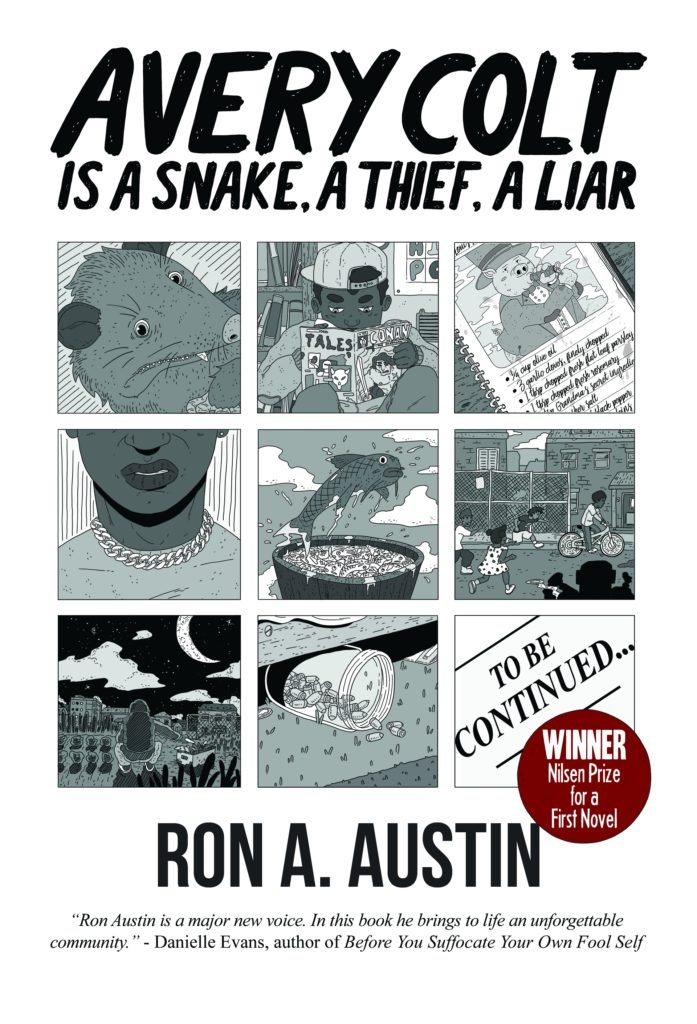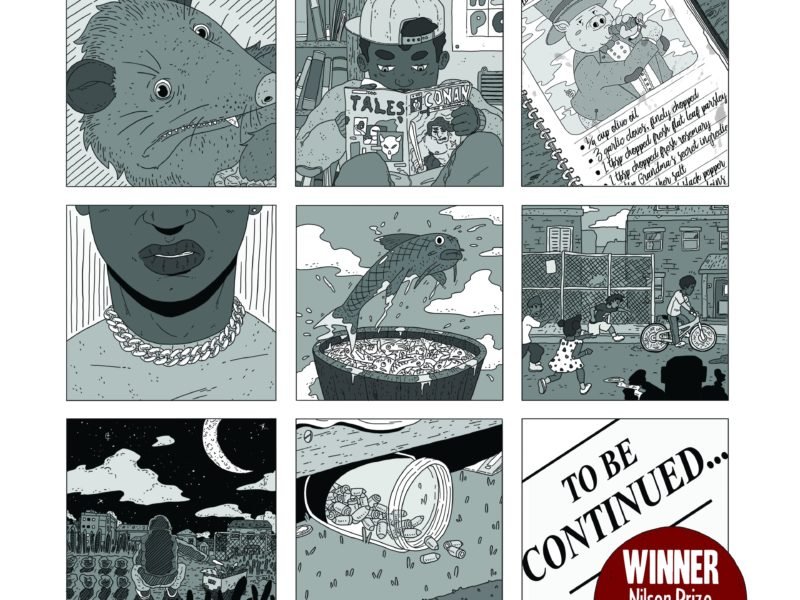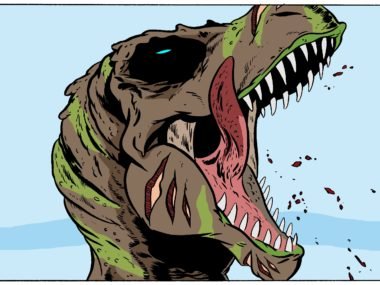Southeast Missouri State University Press is small, non-traditional university press, publishing mostly fiction and poetry. In addition to their books, they also publish two annual journals with weekly online content, Big Muddy, and The Cape Rock.
STL SPEX (Rachel): How would you describe the role of Southeast Missouri State University Press within the world of literary publishers and independent press?
We’re still maybe figuring this out a little? I took over at the Press after Susan Swartwout retired a few years back. She founded the Press as a regional entity focusing on local authors. I think, over the years, she found there were some limitations to that with regards to audience and sales. So, we still try to publish work by and for our region, but have really expanded our reach in terms of looking for books that will resonate with as many readers as possible, while trying to present as many diverse voices as possible. Susan was making some of these changes when she retired, and I’m trying to keep it moving in exciting directions, but we’re still figuring it out. We’re not a traditional university press by any means (we don’t publish enough or have enough of a staff for that qualification), but we are housed at a university. Ultimately, we kind of fall somewhere between a UP and a smaller independent press.

STL SPEX: Can you tell us more about the minor degree program in Small-press Publishing? How are students involved in the press behind the scenes? What do you hope they learn from this experience?
The minor in Small Press Publishing gives students a chance to learn the ins and outs of the publishing world, from manuscript selection, editing, layout and design, to the business of publishing. It’s ideal for students who want to go into some aspect of publishing for careers, or who want to be writers. But, too, it’s also fairly popular with students seeking English degrees looking for ways to professionalize their coursework a bit while still doing what they love. To be clear, I feel that English degrees, on their own, are plenty “professionalized,” but with the stigma against the Humanities from many in the business community, minoring in Small Press Publishing gives students a bit more of a tangible set of skills they can point to as they enter the job market. That said, many of our Small Press Publishing minors (and Masters in Professional Writing graduates) go on to work in publishing, marketing and advertising, and other fields where they are able to combine what they’ve learned about publishing with the critical thinking and analytical skills they hone in their English coursework. Also, as part of the both our minor and the Masters, students have the opportunity to work at the Press. What they do depends on their interests. Some prefer to focus on reading manuscripts in the “slush pile,” but others take an active role in layout of our books and journals. And, of course, they all end up having to do some of the boring stuff like shipping orders and answering phones.
STL SPEX: Any recommendations for writers looking to submit to this press’s various prizes, contests, journals, etc.? What lessons have you learned from reading for and editing these publications?
Just send us your best! I’m a little surprised how much the best work really rises to the top of the stack. It’ll catch one reader’s eye, and then other readers will get excited about it, and it works it’s way up to acceptance. Personally, I tend to be drawn to weirder stories, but some of my favorite things we’ve published have been grounded in literary realism. Sorry this is a lame answer, but we just want work that grabs us and shakes us and sticks with us.
STL SPEX: There are quite a few books on William Faulkner listed in your catalog (the “Faulkner and…” series) – does your press have a connection to this writer?
Our university has a fairly sizable Faulkner special collection and Faulkner Center in Kent Library on campus. The Faulkner Center is run by one of my colleagues in the English Department, Dr. Chris Rieger (a Faulkner scholar, of course). He and another colleague from another university put on a Faulkner Conference every other year at Southeast’s campus. All of our “Faulkner and…” books are comprised of papers from that year’s conference (each year’s conference is themed around examining Faulkner’s writing through the lens of another author, or vice versa). Of course, this was all started years ago when Bob Hamblin was still teaching here, another Faulkner scholar who was instrumental in establishing the Faulkner Center and the Conference series.

STL SPEX: What are your own artistic influences/interests?
I’m a little all over the map. My foundational text, the one book I read when I was 21 that resonated with me and convinced me that the stories that I wanted to tell were tellable was Jorge Luis Borges’s Ficciones. Before that, I’d write stuff and show it to friends, and everyone just kind of thought it was weird. Then I found Borges, and I was like, THIS IS WHAT I’M TRYING TO DO! And from there, I got into Calvino and some of the other fabulists and experimental writers from the 20th and early 21st century. But maybe a more fun way to answer that question is this: A writer I follow on Twitter recently posed a general question for his followers about the DNA of their current work in progress. I responded with this: Madeliene E. by Gabriel Blackwell, Borges, David Bowie, Twin Peaks: The Return, The 80’s Star Trek Films, the whole late 00s/early 10s “uncomfortable Alt Lit scene,” and the music of Oneohtrix Point Never and Mt. Eerie.
STL SPEX: Anything else you’d like us to know about this press?
We’re excited about the direction we’re heading. I’m so incredibly excited about our fall books. They’re both great, but I’m particularly stoked for Ron A. Austin’s Avery Colt Is a Snake, a Thief, a Liar, because it’ll be the first book we’ve published by a local-ish author (Ron is from St. Louis), since I’ve taken over the press, and his book is beautiful and important and wonderful, and I’m so excited to see how people respond to it. Our fall poetry book, The People’s Field by Haesong Kwon is also stunning and beautiful. Just know that we love what we do and we’re excited to be sharing these wonderful books with the world.






